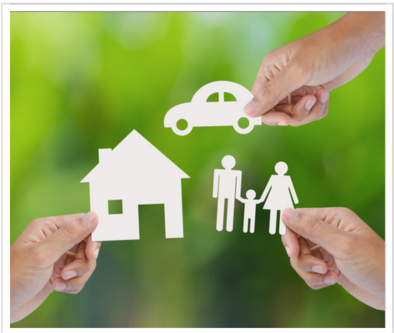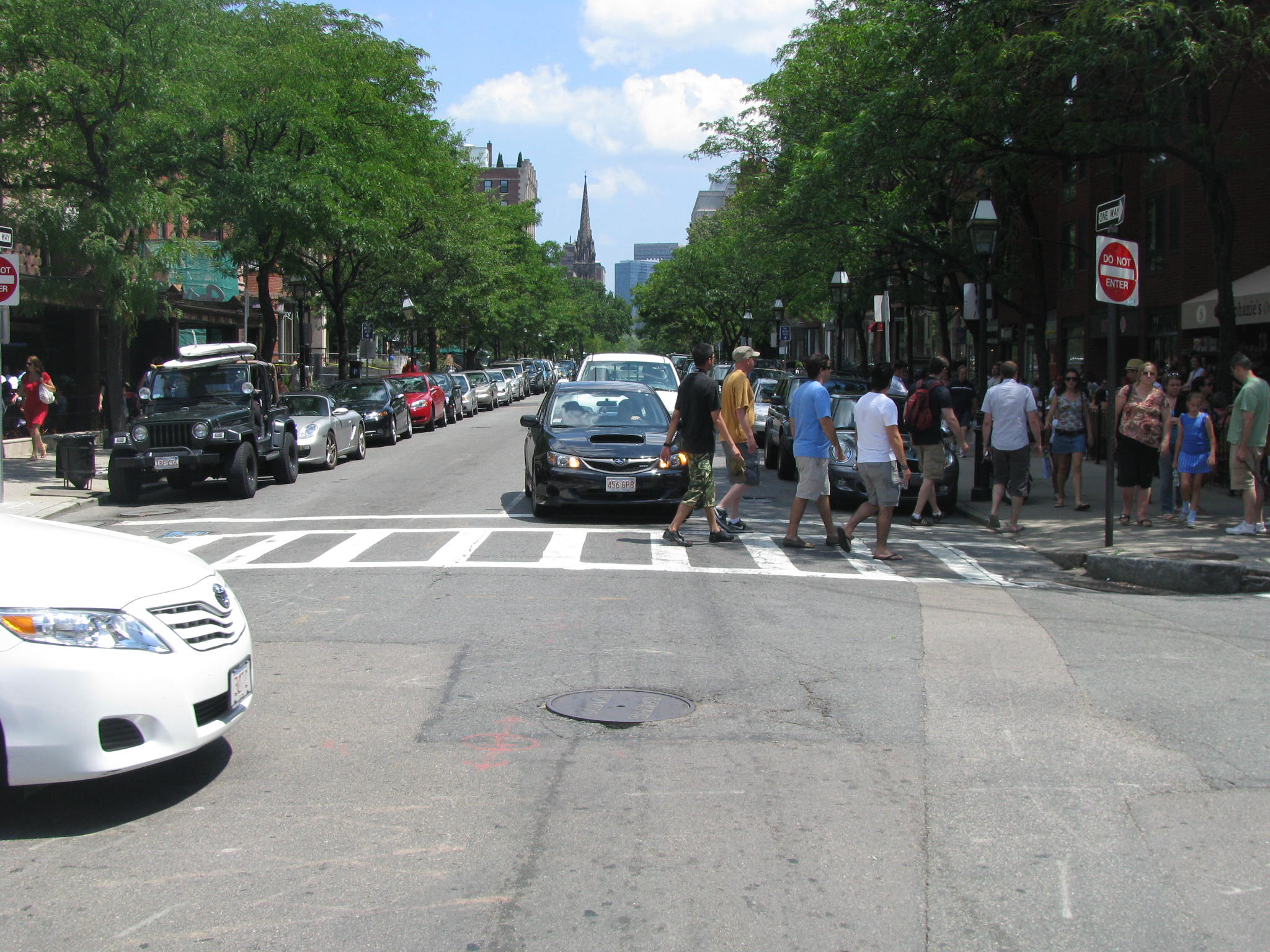 Guest post by Pete Tonery
Guest post by Pete Tonery
Rochester author Peter Lovenheim had an interesting essay in the May 10th Washington Post. He advocated for neighbors getting to know one another in more than the simplest waving, nodding manner. He encouraged folks to try to really learn about one another, who lives where, how many children live in a house, when people work and where.
He was writing out of the same sense of shock and fear that many of us felt after learning of the kidnappings and imprisonment of the three young women in Ohio. There was some lively, even aggressive, commentary that followed his piece. The principle argument bemoaned the notion that the community had failed. One commenter pointed out that the alleged kidnapper was well known and active in his neighborhood. He stressed that the crime was not the fault of the community but of the perpetrator; All good points.
But is fear of a disaster the real reason to seek out your neighbors and take an interest in their lives? I don’t think so. Intervening in a potential problem might be a very positive outcome but the best reason to know and care about your neighbors is that they ARE your neighbors. The people around you comprise the small community that surrounds your home. Hell, Rocville was created in part because of the inspiration from Lovenheim’s book “In the Neighborhood.” We are all about building strong neighborhoods.
Generally, you know the folks at work because you see them every day and talk. Why not develop the same depth of relationship with the people who live, the rest of the time, nearby?
The workplace affords many opportunities to get to know someone. Lunch time, the water cooler, overheard conversations, family pictures, holiday parties; all these are ways that folks exchange intimacies about their lives and families. How can a person create those opportunities in a neighborhood?
Perhaps the place to start is to think of the socialization opportunities of the workplace as a model. How do you make a neighborhood water cooler? How do you create a lunchroom? How do you make holiday parties or have staff meetings?
I’ll bet you’re already thinking of answers!
For openers, walk around the neighborhood. It’s so very simple. Get to know your neighbors. When you meet a neighbor don’t just smile or nod, stop and introduce yourself. Be smart, tell a little about yourself, your family and then ask questions. “How long have you lived here? Do you own or rent? Got any kids? Pets? Do you like to garden (Your place looks great!)” These are just a few. More will pop into your head.
Bring a picture of your kids. Let your neighbors know who they belong to. Later you can get the kids out and introduce them to the neighbors too.
Anthropologists theorize that society evolved because when people worked together they were able to accomplish more, and create more benefits for themselves and others, than through individual efforts alone. Society is very much part of what makes us human. We are social animals. Being respected members of a group makes us feel good, valued and purposeful. Equally important is that social bonds help everyone in the group. This is not about spying, gossiping or being nosey. It is about building good will with those who live nearby. Creating that sense of sharing, community, which results in people feeling a natural responsibility toward one another.
From just meeting your neighbors you can then build deeper relationships through actions. Look for ways to help a neighbor. Look for ways to compliment a neighbor. Introduce family to family based on kids or mutual interests. Organize a neighborhood street sale. Get a permit for a block party and pitch in to hire a band. If anyone proposes it, support a neighborhood association. Find ways to share information about who lives where and what would be out of the ordinary. Set up a mini library on your street. Get an okay from the town or city to build and install a small neighborhood billboard where folks can post ideas, stuff for sale, lost pets and neighborhood questions or notices. Build it as a neighborhood project.
Remember, communication and community comes from the same root. You start with the former and it leads to the later. Make a plan and give it a try. I’ll bet you not only make friends but you’ll have fun.






No Comment